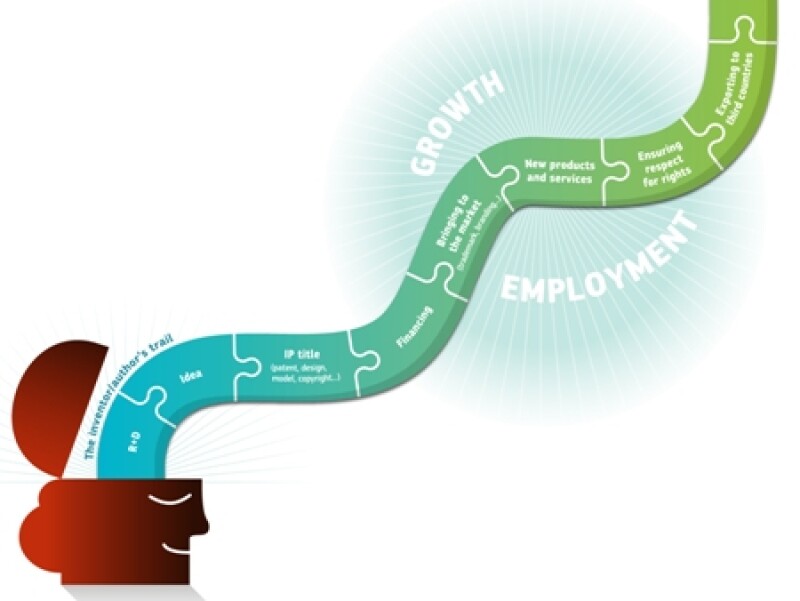
The IP team within DG Internal Market is touting its model of the Inventor Trail – a roadmap designed to focus policy makers’ minds on helping companies develop their innovative businesses in a conception-to-export way.
Kerstin Jorna, head of the IP team within DG Internal Market, says the Inventor Trail is not a “disruption but an evolution” in the Commission’s way of thinking, designed to remind policy makers that all rules have a purpose.
“IP is not a purpose in itself. It is a tool for jobs and growth,” she told Managing IP.
The Commission needs to be congratulated for putting IP in the bigger commercial picture. As Jorna says, the goal of the single market is to raise levels of growth in the EU. The Commission’s commitment to evidence-based policy making is also to be welcomed: Jorna says she wants to beef up the Commission’s own expertise in the area of IP economics, as well as facilitating a new network of IP economists across the EU to share information and approaches.
But the Commission needs to ensure that it takes IP users, as well as IP owners, along the Inventor Trail too. Of course in many cases their interests will be the same, and Jorna was clear about the advantages that new rules on collecting societies and pan-EU licensing will have for consumers who want to access cultural material online.
In areas such as free trade deals, Jorna says that the Commission needs to consider the Inventor Trail and ensure that the IP chapter “makes sense” for companies on both sides. But should the goal of IP policy making always be to facilitate corporate growth – or does that lead to an ACTA-style backlash. Let us know.










